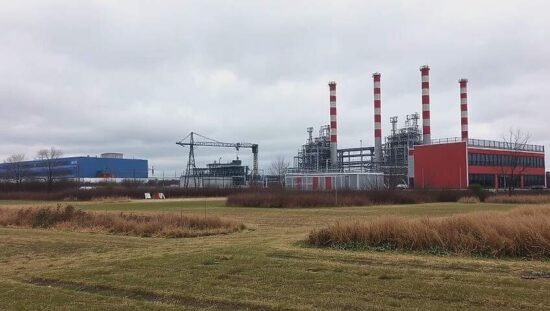The German subsidiary of Russian state-owned energy giant Rosneft appears to have been temporarily exempted from recently imposed US sanctions, sparking concerns about the political maneuvering behind the decision and its potential ramifications for German energy security. Multiple media outlets reported the development on Tuesday, highlighting the precarious situation averted by the apparent exemption.
According to sources within the German government, as reported by “Handelsblatt”, the failure to secure this waiver would have precipitated a severe supply crisis. Following the initial announcement of the sanctions, financial institutions previously involved in transactions related to PCK – the Brandenburg-based refining company majority-owned by Rosneft Deutschland – reportedly ceased engagement, effectively freezing operations.
The possibility of PCK halting production and filing for insolvency within a matter of weeks presented a stark reality. Government insiders indicate that the state-owned KfW bank, a key financial institution, would also have been unable to step in due to its own US-related operations, further compounding the risk of collapse.
The German Ministry for Economic Affairs expressed serious anxieties regarding potential widespread supply disruptions should PCK have been forced into insolvency. The refinery is a critical supplier of fuel for a significant portion of eastern Germany, as well as for Berlin Brandenburg Airport, underscoring its strategic importance.
While the exemption provides immediate relief, the decision has drawn criticism. Analysts are questioning the rationale and long-term implications of shielding Rosneft Deutschland from the full force of US sanctions, particularly given the ongoing geopolitical tensions and Germany’s commitment to reducing reliance on Russian energy. The move raises fundamental questions about the balance between national economic interests and adherence to international sanctions regimes and sets the stage for a potentially complex and politically charged period as Germany navigates its energy future.





